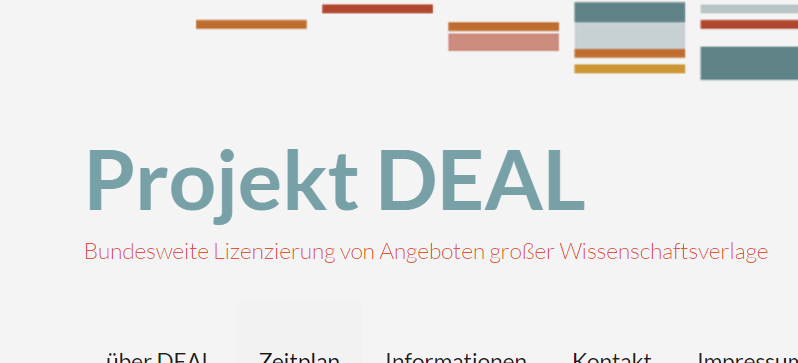
German Research Institutes to Boycott Elsevier
About 60 major German research institutions have mounted coordinated pressure on Elsevier –the giant scientific journals’ publisher. These institutions are putting pressure on Elsevier to renegotiate better terms of contract with Elsevier before the current contract runs out at the end of 2016. So far, the two sides failed to agree on contract that satisfies both sides. As a result, German research institutions do not get access to full texts of Elsevier journals per 1 January 2017. They are determined to continue with the boycott until Elsevier meets their demand.
According to Prof Hippler, President of HRK (German Rectors’ Conference), the negotiation with Elsevier is in a deadlock. Because, the parties failed to agree on core issues. The German institutions’ demand is to see significantly improved ‘provision of and access to content (Open Access) as well as pricing.’ To meet their demand Elsevier proposed a new offer. However, its first offer was rejected by the German research institutions, according to the statement released. The reason provided is that the offer does not comply with the principles of Open Access. Due to disagreement, the negotiation has been terminated. Unfortunately this might have dire consequences on research and teaching process. The institutions seem to continue challenging Elsevier until they agree on an outcome advantageous for the German scientific community, nonetheless.
There are two main reasons that have triggered change in scientific journals publishing industry. First, ever-increasing cost of journal subscription is forcing libraries, individuals and groups to take actions (including boycott) against Elsevier and other industry dominating companies. Subscription cost skyrocketed over the past two decades. As a result major publishers enjoy high ( Elsevier 40%) profit margin; something companies in other industries only dream about. Secondly, open access movement, advocates free access to scholarly research output, is shaking the status quo up. Here the argument is that there is no justification for the public to pay (mostly high subscription fees) for research funded by tax payers.
The criticism Elsevier and others are facing is that despite taking some steps, they have not gone far in terms of embracing open access. Those industry dominating companies including Elsevier publish some of the most prestigious journals in many research fields. Individual institutions have very little leverage over those publishers. That is why coordinated action seem to work to some degree. Last year, in a similar way, the Dutch universities forced Elsevier to come to terms with their demand.Sources
No full-text access to Elsevier journals from January 2017 on
Germany-wide consortium of research libraries announce boycott of Elsevier journals over open access

